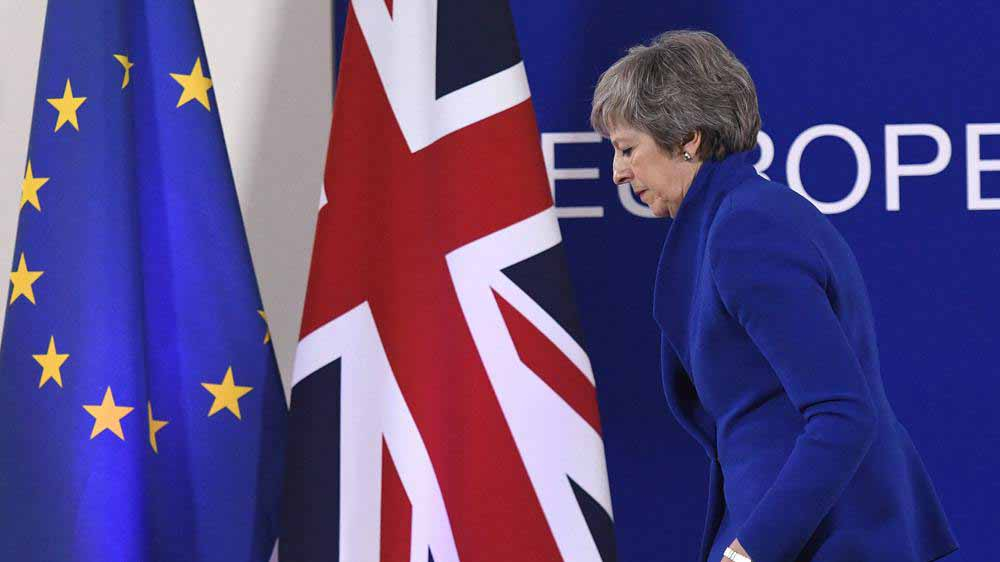
Politics
16:36, 26-Nov-2018
The future of May and the Brexit deal are reliant on parliament
Updated
15:28, 29-Nov-2018
By Nayan Seth, Yu Jing
02:32

For many months now, political analysts have predicted the exit of embattled British Prime Minister Theresa May, along with Brexit. But not only has she managed to secure a deal with the European Union (EU), she's also thwarted her own party's plans of ousting her. So what really is the secret of May's survival?
Theresa May is fighting the battle of her political life, despite a "PM Vs the Rest" scenario, she is still at the helm.
She says: "In any negotiation, you don't get everything you want. You need to identify what your vital interests are and stick to them."
So far, critics in her own party have struggled to gather support of 48 MPs, a minimum requirement to begin a no-confidence vote process.
Only 26 have so far publicly backed the move and the "oust-May plan" appears to be losing steam. Analysts believe that no one really wants to step into her shoes and associate themselves with a chaotic legacy of Brexit.
Experts say that although May's detractors oppose her plan, they themselves don't have an alternate strategy and a leadership contest, which will expose all the divisions in the party in the middle of a Brexit negotiation, doesn't augur well politically for the Conservatives.
One more reason is the numbers, or the lack of them, needed to approve May's Brexit plan.
Out of the total 650 MPs in Britain's House of Commons, May needs support of at least 320 to sail through. Out of 315 Conservative members, at least 70 oppose her present Brexit deal.
May's coalition allies, the Northern Irish Democratic Unionist Party (DUP), are also expected to vote against the deal.
The opposition Labour Party, with its 257 MPs, are likely to reject May's proposal too. The remaining Scottish National Party (SNP) with 35 MPs, along with other smaller parties, are also not likely to offer any support to the deal.
She says: "Before Christmas, MPs will vote on this deal. It will be one of the most significant votes that Parliament has held for many years. On it will depend whether we move forward together into a brighter future, or open the door to yet more division and uncertainty."
The plan seems clear. Instead of a few Tory MPs triggering a coup against May and being blamed for starting a political crisis, let the House of Commons do the same job and script Theresa May's downfall.

SITEMAP
Copyright © 2018 CGTN. Beijing ICP prepared NO.16065310-3
Copyright © 2018 CGTN. Beijing ICP prepared NO.16065310-3